#Georg Philipp Friedrich von Hardenberg
Text

YOU!

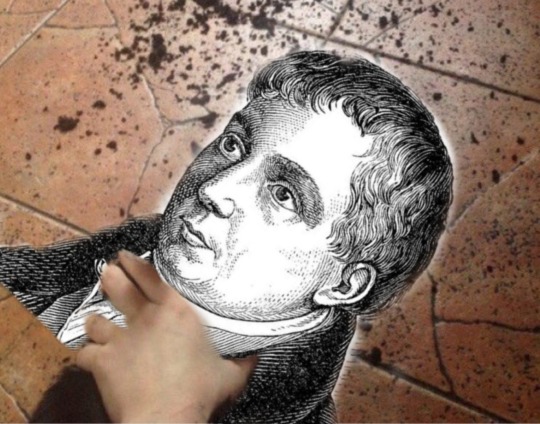
#friedrich schlegel#novalis#georg philipp friedrich von hardenberg#literature#german history#18th century
126 notes
·
View notes
Text
“I don't know what is happening to me; something pushes me, drags me. When I want to think about the days that have passed, dominant thoughts interpose me; Peace has fled, and with it the heart and love. It is accurate to go to look for her. I would like to tell you where I am going, but I myself , I ignore. I head towards the abode of the Mother of Things, the veiled virgin; my soul is inflamed and consumed by her. …
Novalis - The Disciples in Sais
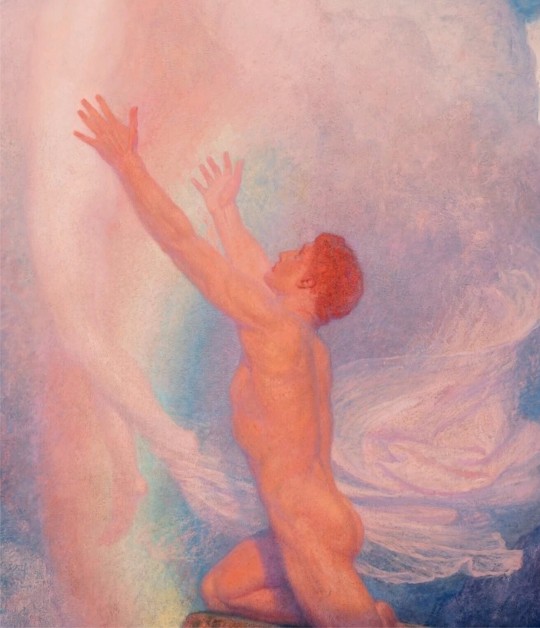
8 notes
·
View notes
Photo
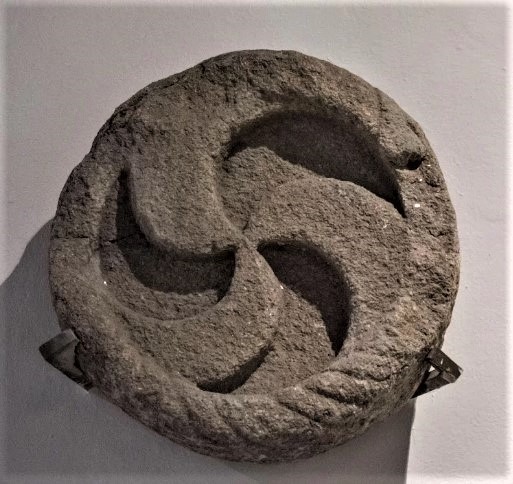
“Er ist der Stern, er ist die Sonn, / “He is the star, he is the sun,
Er ist des ewgen Lebens Bronn. / He is the eternal source of life.
Aus Kraut und Stein / Among the grass and the stone,
und Meer und Licht / in the sea and in the fire,
Schimmert sein Kindlich Angesicht” / his child face shines”
- Georg Philipp Friedrich von Hardenberg “Novalis”.
#Novalis#sol invictus#black sun#german romanticism#paganism#solar cult#European tradition#european spirituality#spirituality#simbols#jung#julius evola#schwarze sonne#runes#carl jung#rene guenon#solar way#kali yuga#Georg Philipp Friedrich von Hardenberg#archeology#sig rune#lauburu#triskel#triskelyon#Celts
9 notes
·
View notes
Text
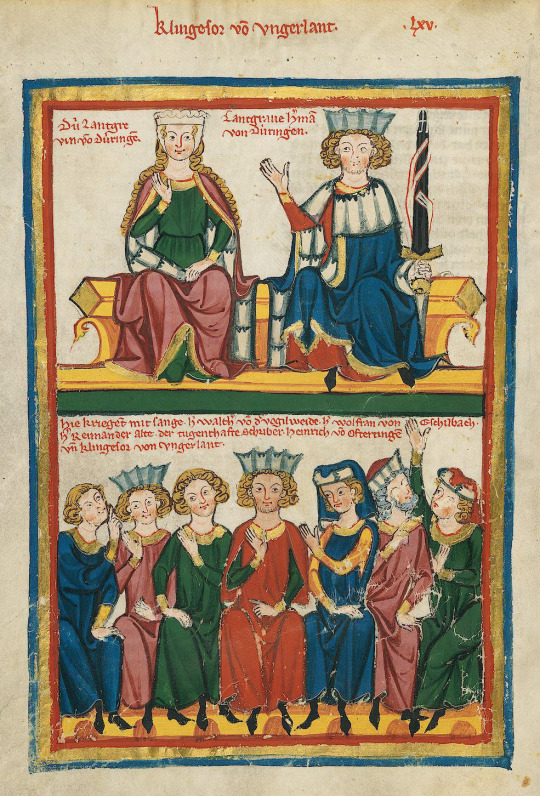
Heinrich von Ofterdingen is a fabled, quasi-fictional Middle High German lyric poet and Minnesinger mentioned in the 13th-century epic of the Sängerkrieg (minstrel contest) on the Wartburg. The legend was revived by Novalis in his eponymous fragmentary novel written in 1800.
“The spiritual worlds is in fact already open to us.
It is always open.
If we were to suddenly become so alive and supple to perceive it,
We would perceive ourselves in the midst of the spiritual world.”
Novalis
#novalis#georg philipp friedrich von hardenberg#heinrich von ofterdingen#german romanticism#fairytale#fairy tales#classic literature#german literature#fantasy#books#reading#books and reading#quotes#booklr#bookish#booksbooksbooks#literary quotes#literature quotes#book community#bibliophile#quote of the day#books and libraries#lit#book recommendations#book recs#book list#book reccs#reading list#literature#classic books
1 note
·
View note
Photo

Novalis, Heinrich von Ofterdingen: A Romance
[originally published 1802]
#novalis#literature#words#quotes#academia#dark academia#quote#lit#books#love#books and libraries#reading#georg philipp friedrich freiherr von hardenberg#quote of the day#bookworm#book quotes#prose#booklr#bibliophile#excerpt
7K notes
·
View notes
Text
Where are we really going?
Always home.
— Novalis (aka Georg Philipp Friedrich Freiherr von Hardenberg), “Hymns to the Night” (original title: “Hymnen an die Nacht”). (Friedrich Schlegel in the Athenaeum, 1800)
19 notes
·
View notes
Text
Gerçeklerle paralel seyreden bir dizi ideal olay vardır. Bunlar çok ender çakışırlar. İnsanlar ve rastlantılar genellikle olayların ideal seyrine müdahale edelrer, bu yüzden de olay da dolayısıyla sonuçları da ideallikten uzak, eksik görünürler. Reform hareketinde de bu böyle olmuştur. Protestanlığın yerini Luthercilik almıştır.
Novalis, Moral Ansichtn
4 notes
·
View notes
Text
Freiheit ist wie Glück, dem schädlich und jenen nützlich.
Freedom is like happiness, harmful to one and beneficial to another.
Novalis (Georg Philipp Friedrich Freiherr von Hardenberg, 1772 – 1801), German writer, lawyer, and mining engineer
25 notes
·
View notes
Text
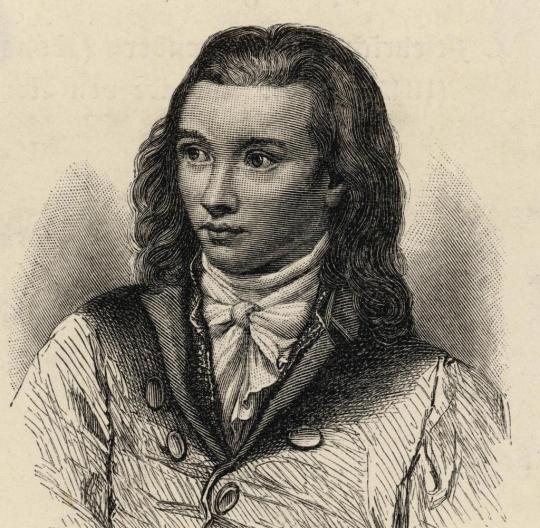
Novalis, de son vrai nom Georg Philipp Friedrich von Hardenberg (1772-1801)
8 notes
·
View notes
Text
"Ogni malattia ha una soluzione musicale. Maggiore è il talento musicale del medico, tanto più breve e completa è la soluzione".
Georg Friedrich Philipp Freiherr von Hardenberg
1 note
·
View note
Text
Baron Georg Philipp Friedrich von Hardenberg, most commonly known by the pseudonym Novalis, a German poet and philosopher
To romanticize the world is to make us aware of the magic, mystery and wonder of the world; it is to educate the senses to see the ordinary as extraordinary, the familiar as strange, the mundane as sacred, the finite as infinite.
0 notes
Text
La matemática es la vida de los dioses.
Novalis
#Novalis#filosofía#literatura#lit#matemática#vida#dioses#Die Mathematik ist das Leben de Götter#Georg Philipp Friedrich von Hardenberg
3 notes
·
View notes
Text
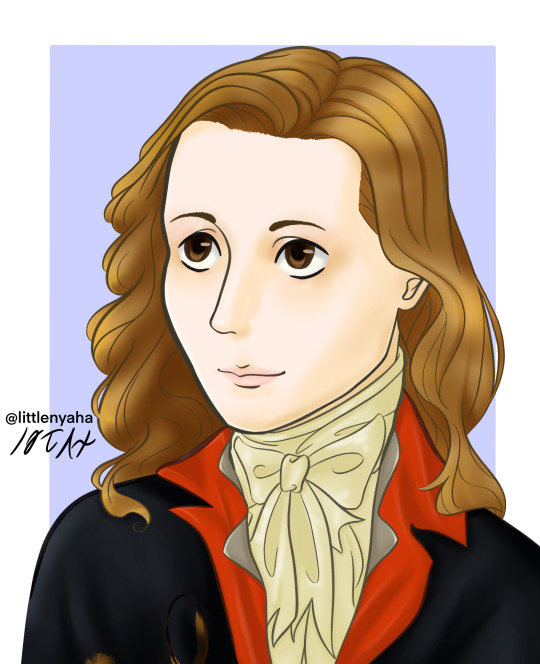
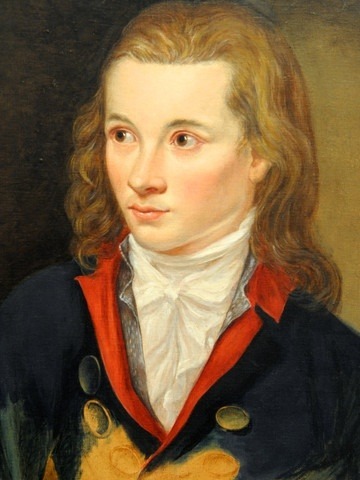
Portrait of Novalis by Franz Gareis (1799)
#Novalis#Franz Gareis#Portrait#Digital#digital drawing#blaue blume#Romantik#Georg Philipp Friedrich von Hardenberg#what a name#Art#Digital art
6 notes
·
View notes
Photo
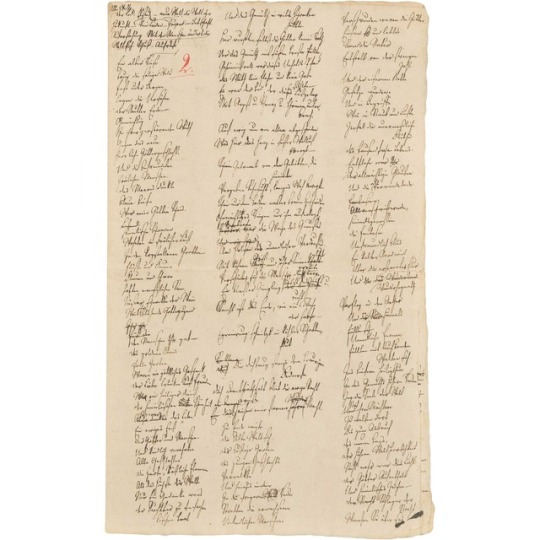
Novalis [Georg Philipp Friedrich von Hardenberg]
(1772-1801)
“Hymnen an die Nacht”
(Hymns to the Night)
Author’s Manuscript
1799/1800
#novalis#hymnen an die nacht#hymns to the night#manuscript#handwritten document#historical documents#historical sources#german romanticism#romantik#germany#georg philipp friedrich von hardenberg#1799#1800
18 notes
·
View notes
Text
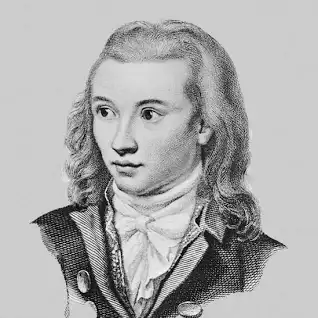
Georg Philipp Friedrich Freiherr von Hardenberg (2 May 1772), pen name Novalis, was a German aristocrat and polymath, who was a poet, novelist, philosopher and mystic.
“To romanticize the world is to make us aware of the magic, mystery and wonder of the world; it is to educate the senses to see the ordinary as extraordinary, the familiar as strange, the mundane as sacred, the finite as infinite.”
Novalis
#novalis#poetry#poems#poet#poetic#writers and poets#poem#poems on tumblr#poems and poetry#words words words#original poem#literature#lit#words#aesthetic#romance#spilled ink#spilled words#spilled poetry#light academia#light academia aesthetic#classic academia#dark academia#romantic academia#dark acadamia aesthetic#chaotic academia#classic literature#art
25 notes
·
View notes
Photo

Novalis, Heinrich von Ofterdingen: A Romance
[originally published 1802]
#novalis#literature#heinrich von ofterdingen#words#quotes#academia#dark academia#quote#lit#books#books and libraries#reading#quote of the day#bookworm#book quotes#prose#booklr#bibliophile#excerpt#georg philipp friedrich freiherr von hardenberg#q
2K notes
·
View notes